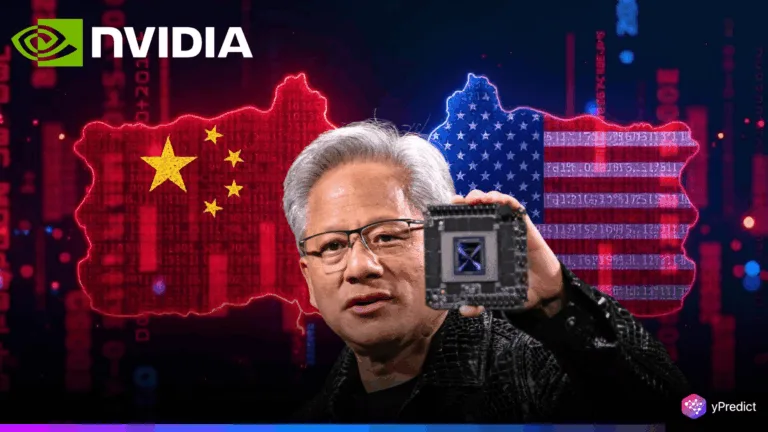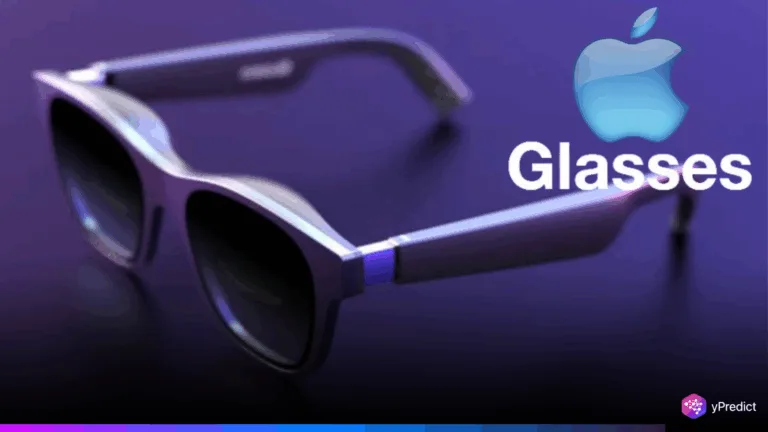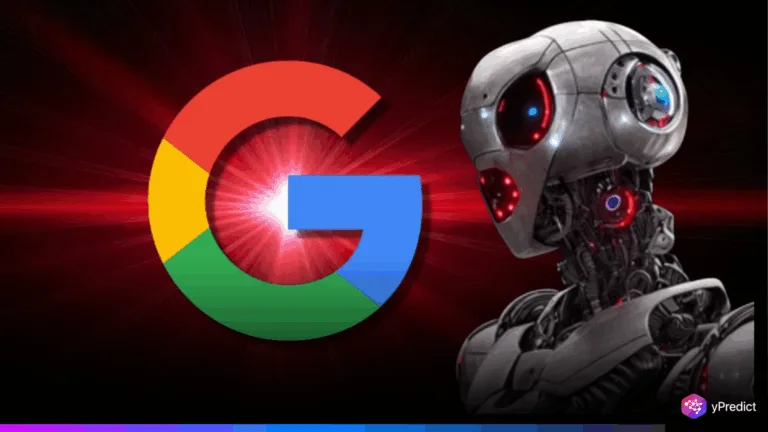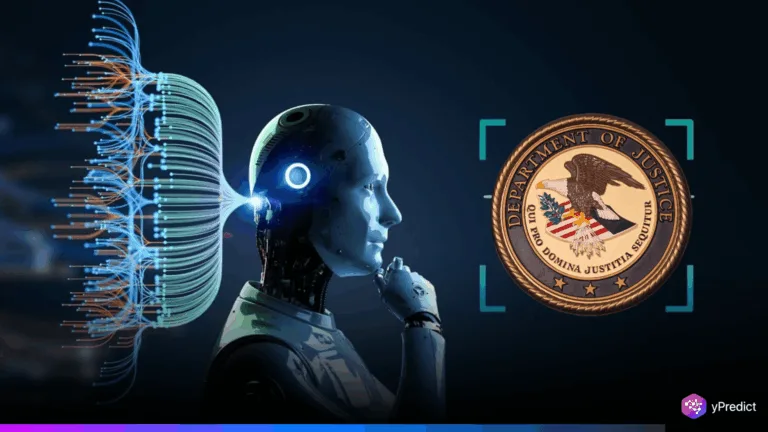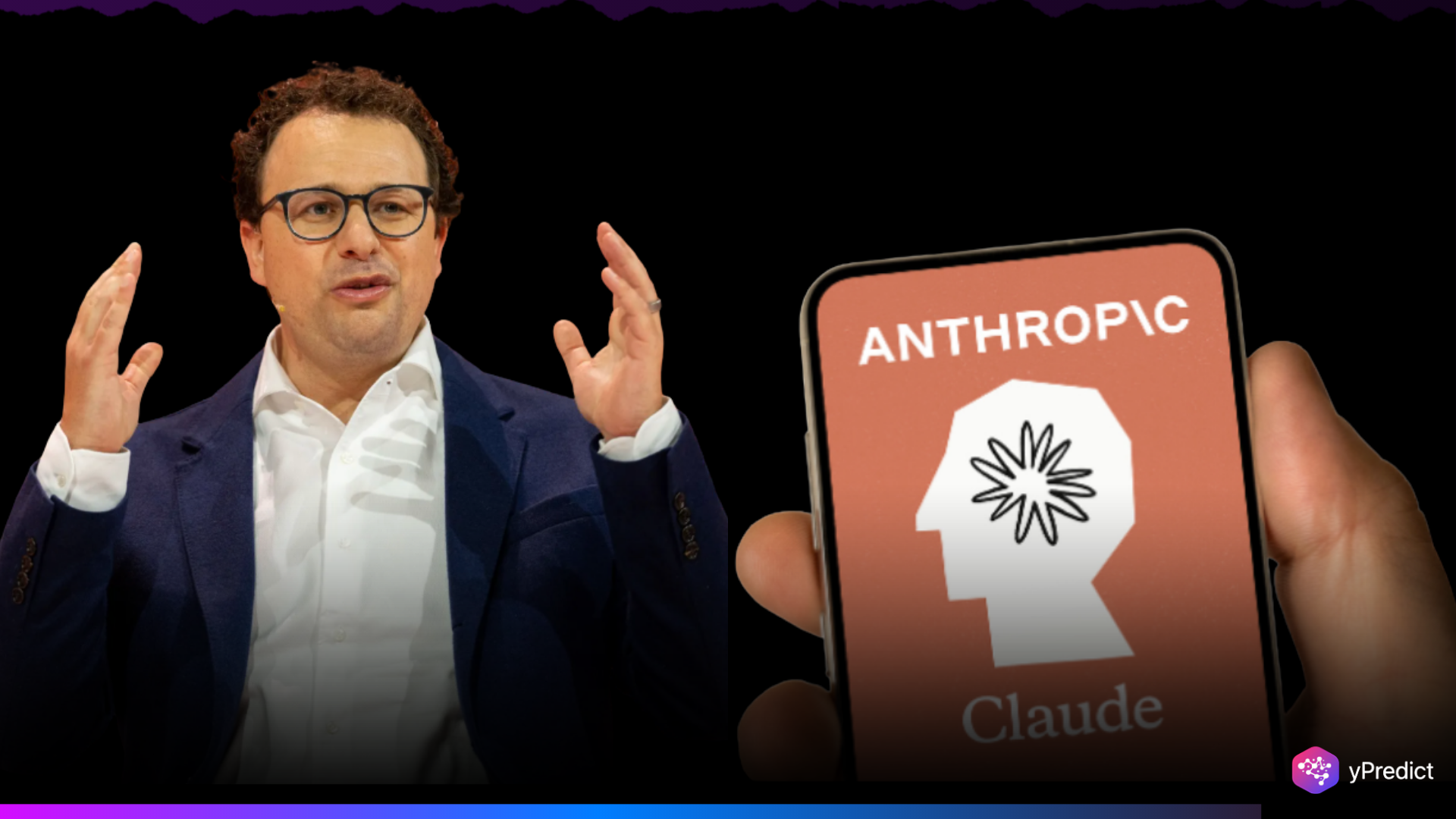
Anthropic has released a major update to its AI assistant, Claude, which enhances its usability for enterprises and professionals. The new upgrade includes third-party app integration and an advanced research mode that enables Claude to independently perform complex tasks and cross-platform queries.
These features significantly enhance Claude’s functionality, making it a more integrated, efficient, and competitive solution in the generative AI space.
Claude Evolves Into a Productivity Powerhouse
On May 1, 2025, Anthropic announced via their official X account the launch of significant updates to its Claude AI assistant, introducing Integrations and an Advanced Research mode. Currently in beta for Max, Team, and Enterprise subscribers, these updates enable Claude to integrate with external tools and perform comprehensive web research across the internet, Google Workspace, and integrated apps. Web search is now available to all global paid customers.
Integrations allow Claude to communicate with many third-party technologies. This feature leverages the Model Context Protocol (MCP), an open standard released by Anthropic in 2024 that lets Claude connect with external data sources through online and desktop apps.
MCP, previously accessible only on local servers, now allows remote servers, expanding Claude’s reach.
Claude can now access real-time data from platforms like Atlassian Jira, Zapier, Asana, Intercom, Cloudflare, Square, and PayPal, with additional connectors planned for Stripe and Gitlab. Developers can also construct unique integrations utilising existing documentation or systems such as Cloudflare, which make authentication and deployment easier.
Furthermore, Advanced Research enhances Claude’s capacity to perform in-depth investigations. The Advanced Research update enables Claude to surf the internet and research Google Workspace and other related software for up to 45 minutes before it returns complete results with citations.
Talking about the Advanced Research update, Anthropic stated;
With its new ability to do more complex research, available when you toggle on the Research button, Claude breaks down your request into smaller parts, investigating each deeply before compiling a comprehensive report. While most reports complete in five to 15 minutes, Claude may take up to 45 minutes for more complex investigations—work that would typically take hours of manual research.
As per Anthropic, these updates are designed to make Claude an expert assistant, capable of taking users through each phase of complex workflows by blending outside knowledge and in-house context.
Users can now disassemble complex queries into subtopics, gather large sets of data, and get well-organized outcomes to help facilitate critical decision-making.
According to their official blog post,
When you connect your tools to Claude, it gains deep context about your work—understanding project histories, task statuses, and organizational knowledge—and can take actions across every surface. Claude becomes a more informed collaborator, helping you execute complex projects in one place with expert assistance at every step.
Competing in the AI Arms Race
Anthropic is increasing its focus on integrations and advanced research as part of its aim to compete with key AI players such as Google’s Gemini and OpenAI’s ChatGPT. While the firm has set an ambitious sales target of $34.5 billion by 2027, it still faces a long road ahead.
According to a report, as of early March, its annual sales were around $1.4 billion, demonstrating both its progress and the scope of expansion it hopes to achieve.
Anthropic’s latest improvements transform Claude from a chatbot into a high-level enterprise AI solution geared for seamless workflow integration and everyday utility. With a focus on security, transparency, and adaptability, Claude mirrors a larger industry shift towards AI that collaborates rather than merely converses.
As businesses seek intelligent systems that are both transparent and capable, Claude’s new capabilities have the potential to alter expectations for what modern AI can achieve in real-world scenarios.

